LAMIVUDINE - ORAL
PHONETIC PRONUNCIATION: (la-MIV-ue-deen)
COMMON BRAND NAME(S): Epivir
GENERIC NAME(S): lamivudine
Uses
USES: This drug is used with other HIV medications to help control HIV infection. It helps to decrease the amount of HIV in your body so your immune system can work better. This lowers your chance of getting HIV complications (such as new infections, cancer) and improves your quality of life. Lamivudine belongs to a class of drugs known as nucleoside reverse transcriptase inhibitors-NRTI. Lamivudine is not a cure for HIV infection. To decrease your risk of spreading HIV disease to others, do all of the following: (1) continue to take all HIV medications exactly as prescribed by your doctor, (2) always use an effective barrier method (latex or polyurethane condoms/dental dams) during all sexual activity, and (3) do not share personal items (such as needles/syringes, toothbrushes, and razors) that may have contacted blood or other body fluids. Consult your doctor or pharmacist for more details.
How to use LAMIVUDINE - ORAL
HOW TO USE: Read the Patient Information Leaflet provided by your pharmacist before you start taking lamivudine and each time you get a refill. If you have any questions, ask your doctor or pharmacist. Take this medication by mouth with or without food, usually once or twice daily or as directed by your doctor. The dosage is based on your medical condition and response to treatment. In children, the dosage is also based on weight. It is very important to continue taking this medication (and other HIV medications) exactly as prescribed by your doctor. Do not skip any doses. Do not increase your dose, take this drug more often than prescribed, or stop taking it (or other HIV medicines) even for a short time unless directed to do so by your doctor. Skipping or changing your dose without approval from your doctor may cause the amount of virus to increase, make the infection more difficult to treat (resistant), or worsen side effects. For the best effect, take this medication at evenly spaced times. To help you remember, take this medication at the same time(s) every day.
Side Effects
Precautions
Interactions
Overdose
Images
Reviews
Faq for LAMIVUDINE - ORAL
Lamivudine is an antiviral medication used to treat HIV infection and chronic hepatitis B.
Lamivudine works by inhibiting the replication of the HIV and hepatitis B viruses, reducing their ability to spread and cause further damage.
Common side effects of lamivudine may include headache, diarrhea, nausea, fatigue, and rash. These side effects are usually mild and go away on their own.
Lamivudine can be used during pregnancy if the potential benefits outweigh the risks. It is important to discuss the risks and benefits with your healthcare provider before taking this medication.
Lamivudine is usually taken orally as a tablet or liquid, with or without food. It is important to follow the dosage instructions provided by your healthcare provider.
Lamivudine can be used in children, but the dosage may vary based on their age and weight. It is important to consult a healthcare provider for the appropriate dosage.
No, lamivudine is not addictive.
Lamivudine is not a cure for HIV or hepatitis B. It helps to control the infection and improve the symptoms, but the viruses may still be present in the body.
Lamivudine can be used in combination with other antiretroviral medications to treat HIV. It is important to inform your healthcare provider about all the medications you are taking to avoid potential drug interactions.
Warning
WARNING: If you have hepatitis B infection along with HIV, your hepatitis symptoms may get worse or become very serious if you stop taking lamivudine. Talk with your doctor before stopping this medication. Your doctor will perform liver function tests for several months after you stop lamivudine. Tell your doctor right away if you develop symptoms of worsening liver problems. Different brands of this drug have different amounts of drug. Do not switch brands of this medication without first checking with your doctor. If you have HIV infection (with or without hepatitis B infection), you should be taking the higher-strength dosage. Consult your doctor or pharmacist.
Disclaimer
IMPORTANT: HOW TO USE THIS INFORMATION: This is a summary and does NOT have all possible information about this product. This information does not assure that this product is safe, effective, or appropriate for you. This information is not individual medical advice and does not substitute for the advice of your health care professional. Always ask your health care professional for complete information about this product and your specific health needs.

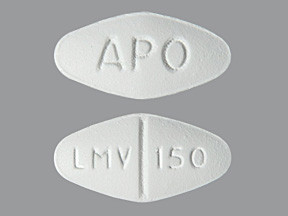
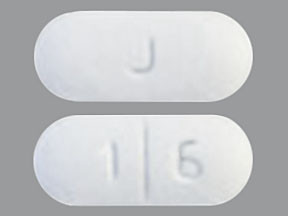
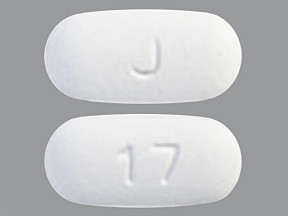
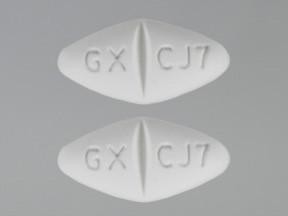
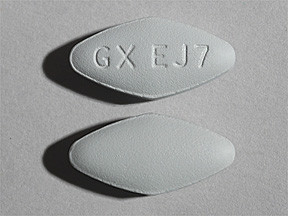
No Reviews Yet